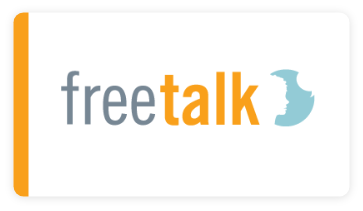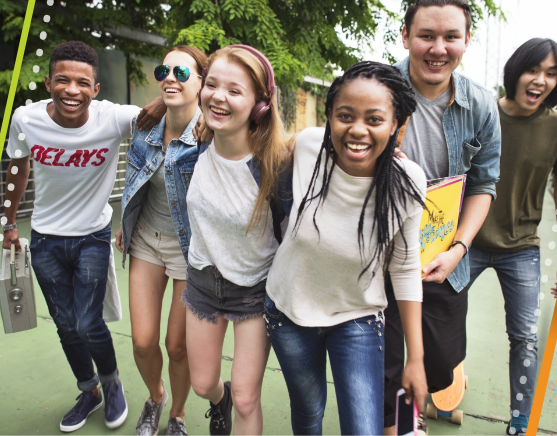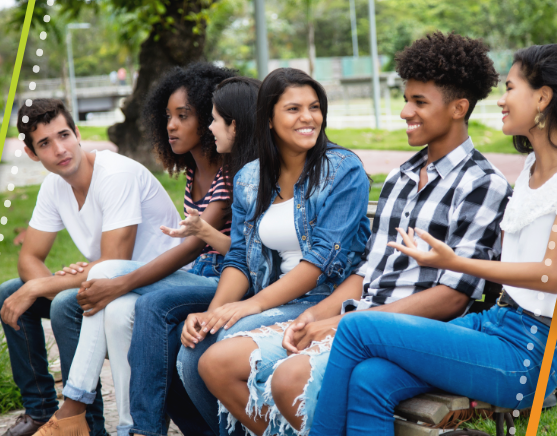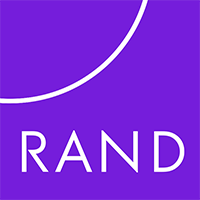
Free Talk is a six-session group MI intervention developed for at-risk youth with a first-time alcohol or drug offense.
Programs > Free Talk
Each session lasts approximately 55 minutes.
Free Talk is based on a motivational interviewing approach. MI allows the client’s values, opinions, and arguments for change to be the most important component of the discussion. Moreover, the guiding approach of MI allows at-risk youth, who may be inherently distrustful of authority, to give voice to their frustration without disrupting or slowing down the therapeutic process. Free Talk has six sessions and youth can begin at any session and end with any session; the sessions do not have to be attended in order.
Session 1 focuses on the use of alcohol and other drugs (AOD) among youth, provides normative feedback, and discusses stages of change.
Session 2 discusses myths and realities about AOD and how youths’ beliefs can affect their AOD use.
Session 3 focuses on the “path of choices” and helps youth think about choices related to their AOD use.
Session 4 focuses on how AOD use may affect communication.
Session 5 focuses on how AOD use can affect the brain.
Session 6 focuses on how AOD use may lead to other high-risk behaviors, such as unprotected sex or driving while impaired.



Free Talk has been a marvelous addition to our Teen Court program.
Ed Cue
Director, Community Outreach; Teen Court Manager
Santa Barbara, CA

